Why should I consider Home Educating?
There are numerous reasons why home educating (HE) your child could be a beneficial alternative to school. Here are some:
A safe Islamic learning environment
You can ensure a safe Islamic learning environment that you have control over and you can design an educational syllabus that reflects and incorporates your Islamic beliefs and morals.
Unfortunately, numerous social and emotional issues are prevalent in schools. Bullying is a real problem in most schools and children are often subjected to constant comparisons with peers both on a personal and academic level. Such experiences can lead to psychological difficulties such as low self-esteem and in severe cases mental health problems such as anxiety, depression and self-harm. Other social issues such as sexual relationships, drugs and alcohol and pornography are also problems that many children will encounter, especially at secondary school. Through HE you can at least protect your child from many of these factors and instil in them a sense of self-worth and strengthen their identity.
Children are unique and with HE you can tailor learning to the child’s individual ability, strength and interest. This way a child enjoys learning and develops curiosity about the world and hopefully a love for learning and knowledge that will stay with them throughout life.
In Islam, knowledge and teaching is the foundation of upbringing and they are accompanied with discipline and self-improvement. According to religious teachings, the best time for education is the childhood period. Therefore, the most important right of a child is to provide the environment for his education and training.
Author: Ayatullah Muhammadi Rayshahri
Book: Children in the Qur’an and Sunnah
HE provides real life experiences:
HE provides an amazing opportunity for ‘real life learning’; what your child learns or the skills they develop can be designed to directly relate to what happens in the real world.
With HE you are not constrained by the school timetable or compared against peers, which means your child can learn at their own pace.
With HE, children can sit exams when they are ready. For example, a child advanced in maths can sit their GCSE at 12 years. They can also take their A Level exams and join college at 14 years if mature enough. Children can also study GCSE’s and A Levels at the same time. The main point is that there is great flexibility and you are not restricted by the dictates of a school but free to choose what is best and most suitable for your child.
Relationships and friendships
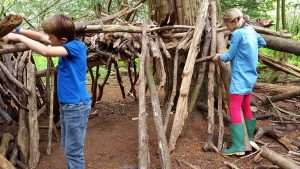
On hands learning
Life is about relationships not grades from a test. Even if school could provide a more comprehensive and holistic education (which it can’t), the relationships your child forms are far more important for their wellbeing and progress in life. With HE, children develop relationships with people from all age ranges and backgrounds and form a closer bond with you and family members through spending more time at home and with the local.
The mentor of the child has to be capable of fathoming and identifying a human being and, also, identifying the mind of the children. He should have a keen eye on the intricacies of the process of upbringing. He should be aware of the human capabilities and failings. He should have sense of responsibility and keen interest in the job on hand.
Author: Ayatollah Ibrahim Amini
Book: Principles of bringing up children
VIdeos and articles on home education
Why home educate?
Confusion: https://www.youtube.com/watch?v=cmEcPUqyrLg
Homeschooling vs Public School — 5 Differences Explained: https://www.youtube.com/watch?v=Pkm9tfaD-yg
Are home-schooled children smarter? https://www.youtube.com/watch?v=AGp4KFLuQNc
What’s Home Education like? Our experience. https://www.youtube.com/watch?v=pfSb7jBImSw
A day in the life of home education. https://www.youtube.com/watch?v=6ShusNvqMls
How to escape education’s death valley, Sir Ken Robinson: https://www.youtube.com/watch?v=wX78iKhInsc
The traditional system of education was designed in the industrial age and is now outdated and ineffective. Learn about the 6 major problems with the system. At NEXT School, we are bringing a much needed upgrade to the education system to address these problems. We are India’s 1st Big Picture School. The highly innovative Big Picture Learning framework allows us to personalise each child’s educational journey making learning more engaging and relevant.
Why home educate? Reading
I Home Educate Because: Why 92 families home educate.
https://www.amazon.co.uk/dp/B01MPXJO3X
Books on home education published by educational heretics press
https://fullfact.org/education/do-children-who-start-school-later-perform-better/
Information on home education
Home education conference 2016 Antonia Robson
https://www.youtube.com/watch?v=U08TbGc5QGQ
A day in the life of a Muslim home educator.
https://www.youtube.com/watch?v=QU0UyGM7vis
An Islamic way of life – home schooling
https://www.youtube.com/watch?v=vKZu0qag42A
Muslim home schooling.
https://www.youtube.com/watch?v=mjG9ufmGYRs
Understanding exam boards.
https://www.youtube.com/watch?v=Rlrg-0demz0
Famous People who were home educated
Many of the worlds famous scientists were home educated
Abu Ali Sina (Avicenna)
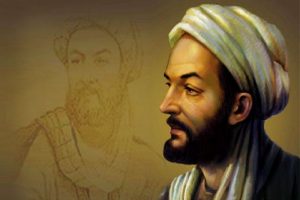
Abu Ali Sina (Avicenna)
Avicenna (/ˌævəˈsɛnə/; also Ibn Sīnā or Abu Ali Sina; Persian: ابن سینا; c. 980 – June 1037) was a Persian polymath who is regarded as one of the most significant physicians, astronomers, thinkers and writers of the Islamic Golden Age.[5] He has been described as the father of early modern medicine.[6][7] Of the 450 works he is known to have written, around 240 have survived, including 150 on philosophy and 40 on medicine.[8]
His most famous works are The Book of Healing, a philosophical and scientific encyclopedia, and The Canon of Medicine, a medical encyclopedia[9][10][11] which became a standard medical text at many medieval universities[12] and remained in use as late as 1650.[13] In 1973, Avicenna’s Canon Of Medicine was reprinted in New York.[14]
Besides philosophy and medicine, Avicenna’s corpus includes writings on astronomy, alchemy, geography and geology, psychology, Islamic theology, logic, mathematics, physics and poetry.[15]
Avicenna was born c. 980 in Afshana, a village near Bukhara (in present-day Uzbekistan), the capital of the Samanids, a Persian dynasty in Central Asia and Greater Khorasan. His mother, named Sitāra, was from Bukhara;[21] his father, Abdullāh, was a respected Ismaili[22] scholar from Balkh, an important town of the Samanid Empire, in what is today Balkh Province, Afghanistan.[23] His father worked in the government of Samanid in the village Kharmasain, a Sunni regional power. After five years, his younger brother, Mahmoud, was born. Avicenna first began to learn the Quran and literature in such a way that when he was ten years old he had essentially learned all of them.[24]
According to his autobiography, Avicenna had memorised the entire Quran by the age of 10.[25] He learned Indian arithmetic from an Indian greengrocer, ءMahmoud Massahi[26] and he began to learn more from a wandering scholar who gained a livelihood by curing the sick and teaching the young. He also studied Fiqh (Islamic jurisprudence) under the Sunni Hanafi scholar Ismail al-Zahid.[27] Avicenna was taught some extent of philosophy books such as Introduction (Isagoge)’s Porphyry (philosopher), Euclid’s Elements, Ptolemy’s Almagest by a philosopher, Abu Abdullah Nateli..[28]
https://en.wikipedia.org/wiki/Avicenna
It goes without saying that many of our world’s most famous scientists were home educated back when homeschooling was more common. These include great scientists such as Alexander Graham Bell, Ernst Mach, Pierre Curie, Mary Blackwell, Clara Barton, Joseph Priestley and Thomas Edison (who only lasted three months in conventional school and was home educated by his mother from then on).
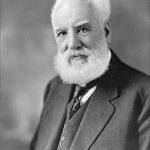
Alexander Graham Bell
However, many of our greatest modern science, technology, engineering and mathematics (STEM) contributors have also emerged from the homeschool community. Many 20th century and 21st century STEM leaders were homeschooled for at least a significant part of their childhoods.
Here is a round-up of 25 modern science, technology, engineering and mathematics leaders who were homeschooled:
For more information on other famous people and scientists please follow the link:
United States of America- Interesting facts for why home educate.
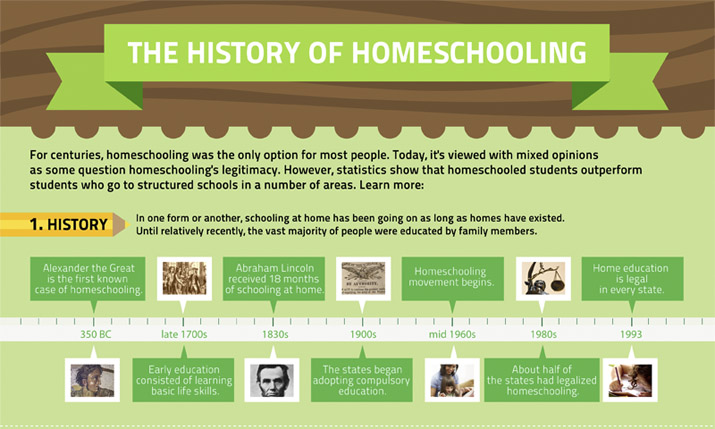
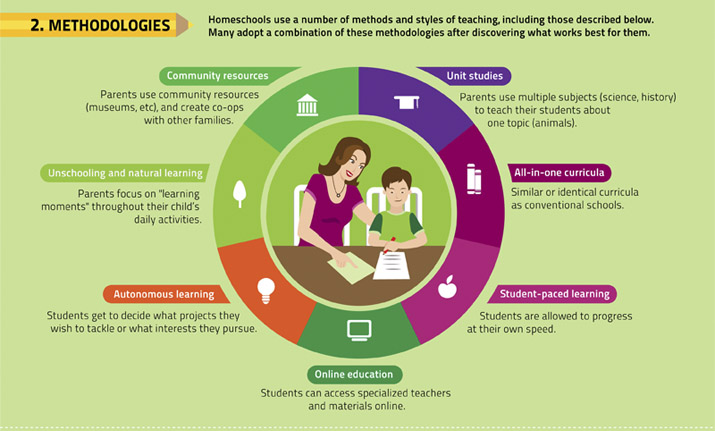
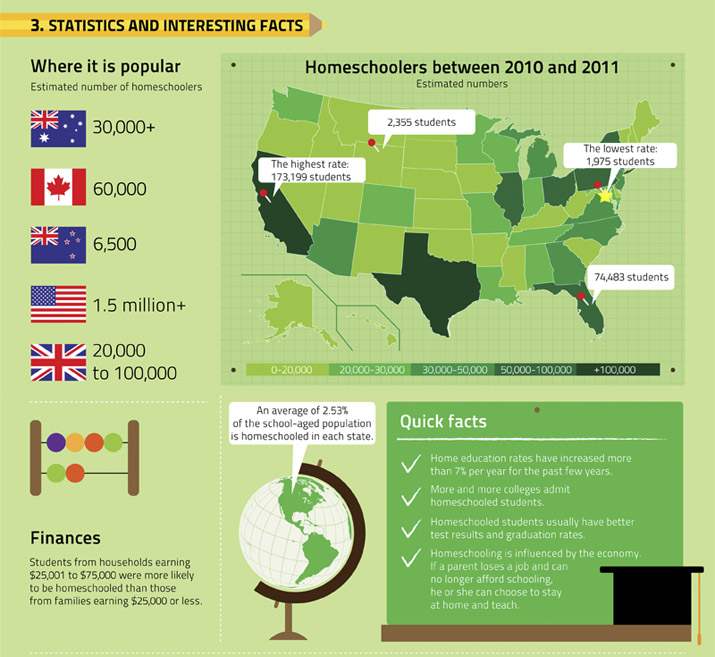
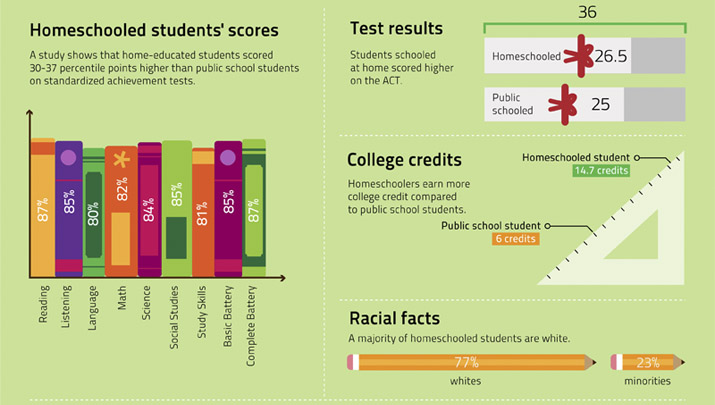
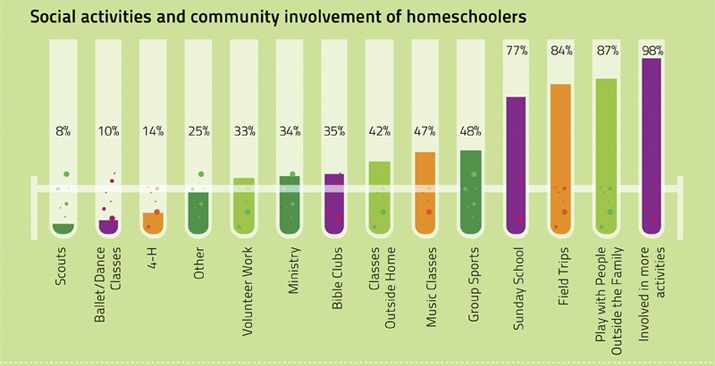
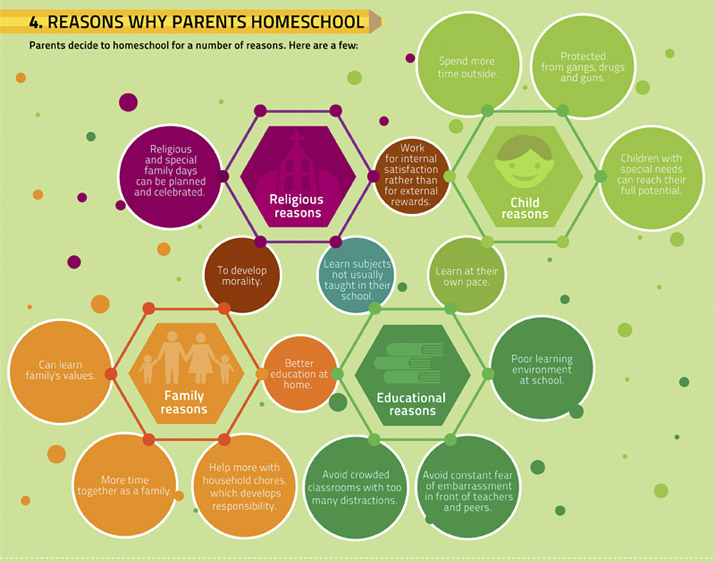
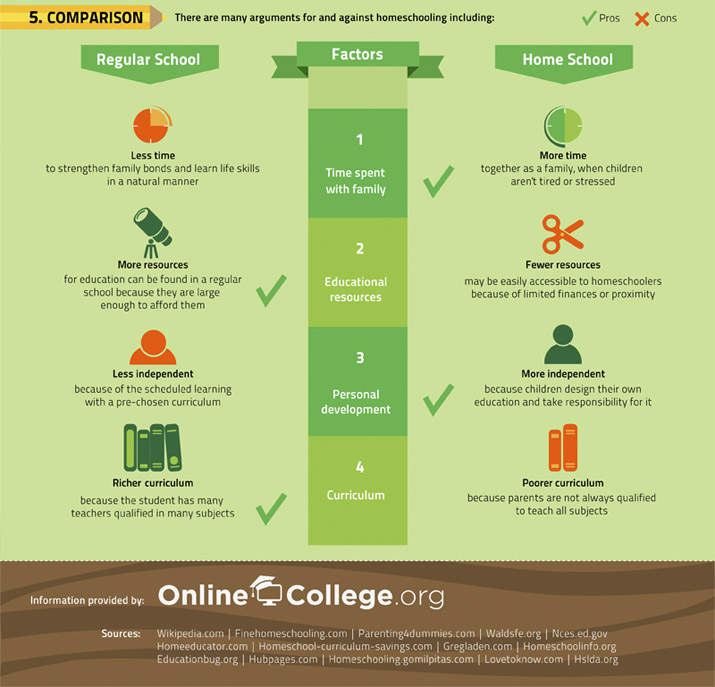 Information Provided by OnlineCollege.org
Information Provided by OnlineCollege.org